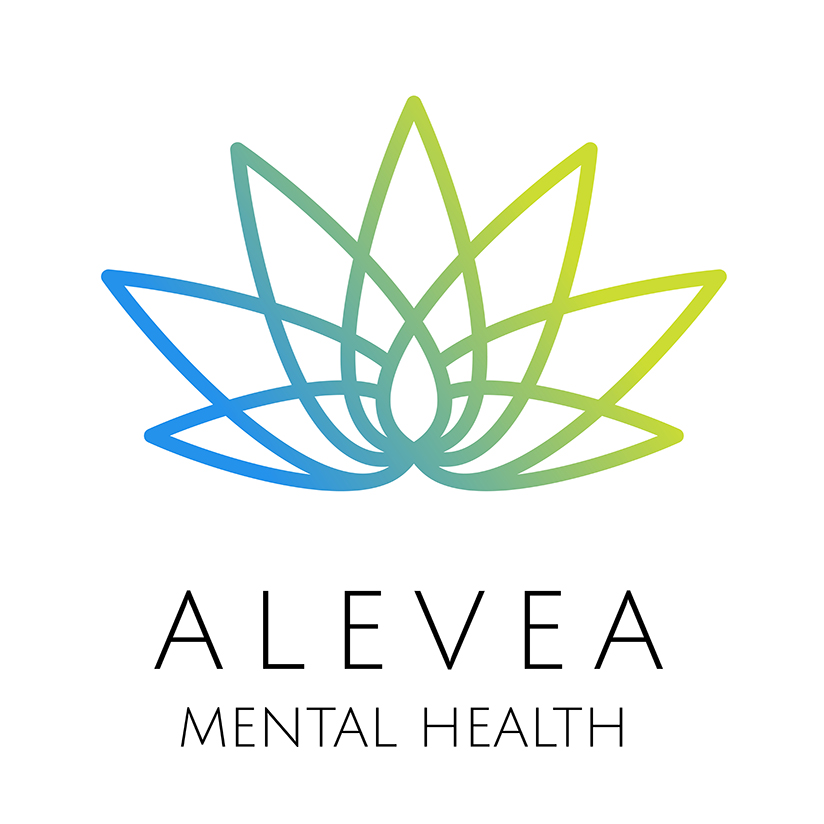Building Resilience: How to Bounce Back from Life’s Challenges
Life is filled with challenges that can test our resilience and strength. Whether it’s a failing relationship, a career setback, or a personal health issue, facing these hurdles head-on requires resilience – the ability to bounce back and adapt in the face of adversity. Resilience is a skill that can be learned and nurtured, and it plays a vital role in our ability to navigate life’s ups and downs.
One particular aspect where resilience is crucial is in facing the challenges associated with ADHD (Attention Deficit Hyperactivity Disorder) testing in adults. ADHD is a neurodevelopmental disorder that affects millions worldwide, characterized by symptoms such as inattention, hyperactivity, and impulsiveness. This can often make it difficult for adults with ADHD to focus, stay organized, and effectively manage their daily tasks.
For adults who suspect they have ADHD but have not yet been diagnosed, seeking testing is an important step toward understanding and managing the disorder. However, the process can be daunting and overwhelming. Building resilience can help individuals navigate through the challenges and uncertainties that accompany ADHD testing.
The first step in building resilience during this process is to educate yourself about ADHD and the testing procedures. Understanding the symptoms and characteristics of the disorder can help ease anxiety. Knowledge equips individuals with the necessary tools to communicate effectively with healthcare professionals during the testing process.
Another vital aspect of building resilience is seeking support. Reach out to friends, family, or support groups who understand or have experience with ADHD. Having a support system can provide a sense of belonging, comfort, and guidance through the testing process. They can offer advice, share coping strategies, and lend an empathetic ear when needed.
Additionally, develop healthy coping mechanisms. Engage in activities that reduce stress, such as exercise, meditation, or engaging in hobbies. These activities can help regulate emotions and provide a sense of balance during times of uncertainty.
Moreover, cultivating optimism and maintaining a positive mindset is crucial. It’s easy to become overwhelmed with negative thoughts during the testing process, but reframing challenges as opportunities for growth can have a profound impact on resilience. Embrace the process as a journey of self-discovery and personal development.
Finally, remember to practice self-compassion. ADHD testing can be emotionally draining, and it’s crucial to take care of oneself throughout the process. Treat yourself with kindness, take breaks when needed, and celebrate small victories along the way.
Building resilience is an ongoing process that can help individuals bounce back from life’s challenges, including the ADHD testing process. By educating oneself, seeking support, developing healthy coping mechanisms, maintaining a positive mindset, and practicing self-compassion, individuals can navigate the testing process with greater ease and resilience.
Remember, ADHD testing is an opportunity to gain clarity and understanding, which ultimately empowers individuals to take control of their lives and thrive despite the challenges they may face.
Publisher Details:
Alevea Mental Health | Young Adult Psychiatry
https://www.aleveamentalhealth.com/
“Discover the power of self-care and find your path to mental wellness with Alevea Mental Health – your one-stop destination for effective solutions and expert guidance. Take the first step towards a brighter, more fulfilled future today!”
For more information on adhd testing adults contact us anytime.

